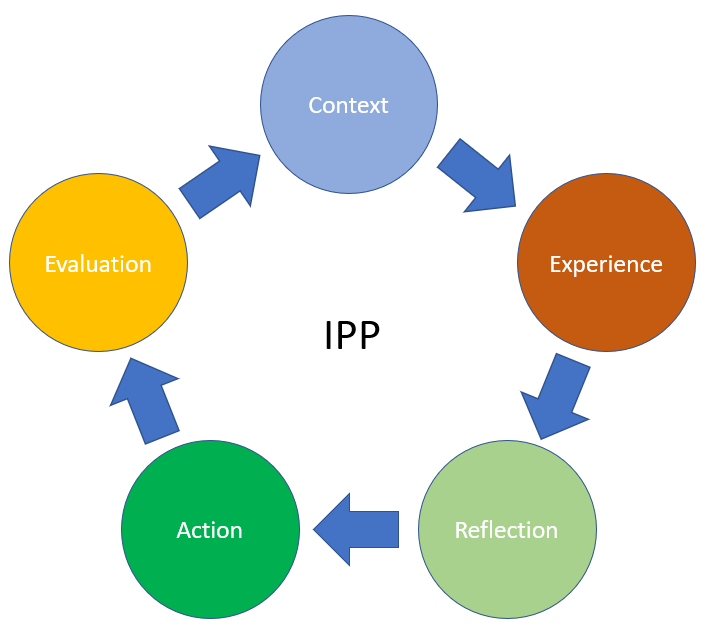Goal of Jesuit Education
What is the goal of Jesuit Education? The Characteristics of Jesuit Education offers a description which has been amplified by Fr. General Kolvenbach:
The pursuit of each student’s intellectual development to the full measure of God-given talents rightly remains a prominent goal of Jesuit education. Its aim, however, has never been simply to amass a store of information or preparation for a profession, though these are important in themselves and useful to emerging Christian leaders. The ultimate aim of Jesuit education is, rather, that full growth of the person which leads to action – action, especially, that is suffused with the spirit and presence of Jesus Christ, the Son of God, the Man-for-Others. This goal of action, based on sound understanding and enlivened by contemplation, urges students to self-discipline and initiative, to integrity and accuracy. At the same time, it judges slip-shod or superficial ways of thinking unworthy of the individual and, more important, dangerous to the world he or she is called to serve.
Such a goal requires a full and deeper formation of the human person, an educational process of formation that calls for excellence –a striving to excel, to achieve one’s potential– that encompasses the intellectual, the academic and more. It calls for a human excellence modelled on Christ of the Gospels, an excellence that reflects the mystery and reality of the Incarnation, an excellence that reveres the dignity of all people as well as the holiness of all creation.
The first decree of the 33rd General Congregation of the Society of Jesus, “Companions of Jesus Sent into Today’s World,” encourages Jesuits in the regular apostolic discernment of their ministries, both traditional and new. Such a review, it recommends, should be attentive to the Word of God and should be inspired by the Ignatian tradition. In addition, it should allow for a transformation of peoples’ habitual patterns of thought through a constant interplay of experience, reflection and action.
(Extract from Ignatian Pedagogy – A Practical Approach, http://www.sjweb.info/documents/education/pedagogy_en.pdf)
Ignatian Pedagogy Paradigm
The learning and teaching process should consist of the following elements: context, experience, reflection, action and evaluation.

